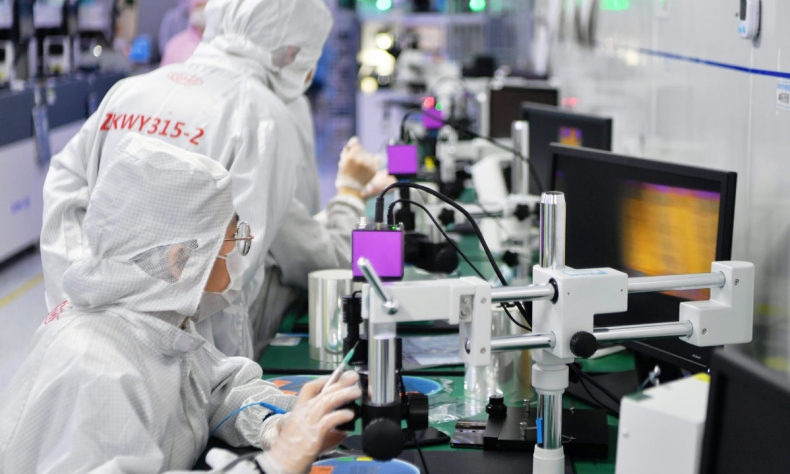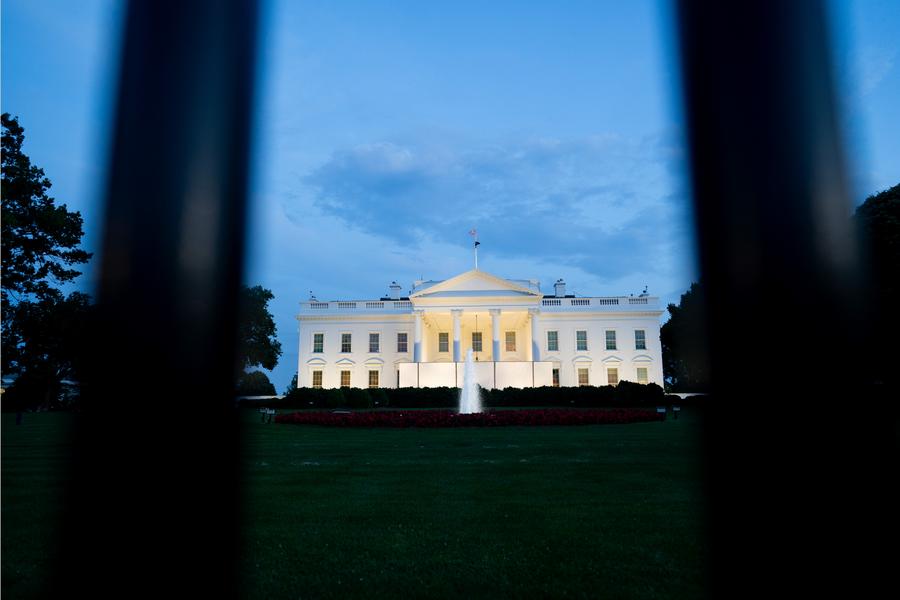Undue Influence

Maintaining international order requires the joint efforts of all parties and the Netherlands’ complicity in breaking international trade rules only serves to undermine that order.
Despite multiple rounds of communication and consultation, the Dutch Government announced on September 6 it would expand its export restrictions on lithography machines used to make advanced chips. The latest move built on the semiconductor export control measures implemented in 2023. In an online statement issued on September 8, a spokesperson for the Ministry of Commerce expressed China’s dissatisfaction.
The spokesperson said the U.S. has continuously broadened its concept of national security to maintain its global dominance, pressuring other countries to tighten export controls on semiconductors and related equipment. This has severely threatened the stability of the global semiconductor supply chain and undermined the rights of affected countries and businesses. The spokesperson said the Netherlands should avoid impeding normal cooperation between the semiconductor industries of the two countries and refrain from abusing export control measures. It should uphold international trade rules and China-Netherlands trade cooperation, respect market principles and the spirit of contract, safeguard the common interests of Chinese and Dutch businesses and both countries, and maintain the stability of the semiconductor industrial chain and supply chain.
The spokesperson’s statement made clear China’s attitude from the perspectives of safeguarding economic globalization and the multilateral trading system and opposing actions that damage international trade rules.
The Dutch Government’s restrictions are not supported inside the country. Henk Overbeek, a professor with the Faculty of Social Sciences, Political Science and Public Administration at Vrije Universiteit Amsterdam, told China Central Television that the motivation of the United States is to try to slow down China’s progress in areas of advanced technology. Overbeek added that, in the long run, this strategy is counterproductive because it accelerates the development of China’s ability to produce its own advanced chips. The long-term effect is that the Chinese will be less dependent on Western technologies than before, he said.

The Netherlands’ decision to expand export controls is perceived to be under the pressure of the United States to maintain its technology dominance in the global semiconductor market. This also demonstrates the depth of influence exerted by the United States on its allies. The United States attempts to curb the development of China’s hi-tech industry by restricting the export of key technologies, which is a typical act of unilateralism.
The Netherlands’ decision has a short-term impact on the production efficiency and quality of Chinese-made chips, as Chinese companies need time to develop alternative equipment. However, in the long run, it will indeed become an opportunity for China to increase self-reliance in innovation and make industrial and supply chains more self-supporting.
China has invested heavily in chipmaking equipment to reduce its dependence on external supply chains and is actively increasing the domestic supply of chips. In the Chinese mainland, spending on chip manufacturing reached a record high of $25 billion in the first half of 2024, and total spending this year is expected to reach $50 billion. Through the National Integrated Circuit Industry Investment Fund and other channels, China aims to break the external blockade and make the domestic semiconductor industry more competitive.
Within the global economy, the stability of the semiconductor industrial chain is crucial to the economic development and technological innovation of many countries. The United States presses its allies to join the blockade of semiconductor technology against China, which intensifies the risk of global industrial chain fragmentation, posing a potential threat to global economic recovery and long-term growth.
Maintaining international order requires the joint efforts of all parties and the Netherlands’ complicity in breaking international trade rules only serves to undermine that order.
 Facebook
Facebook
 Twitter
Twitter
 Linkedin
Linkedin
 Google +
Google +










